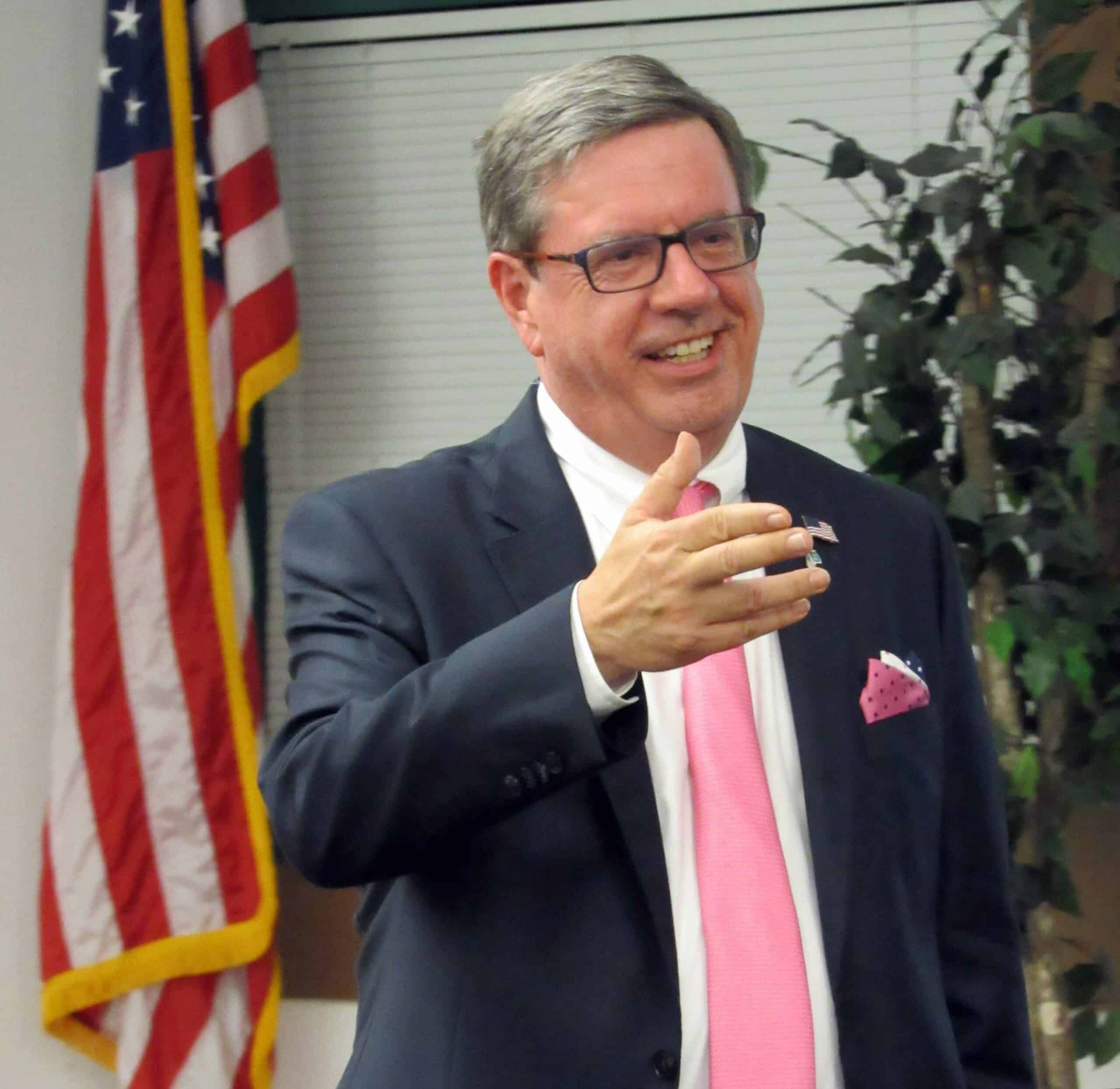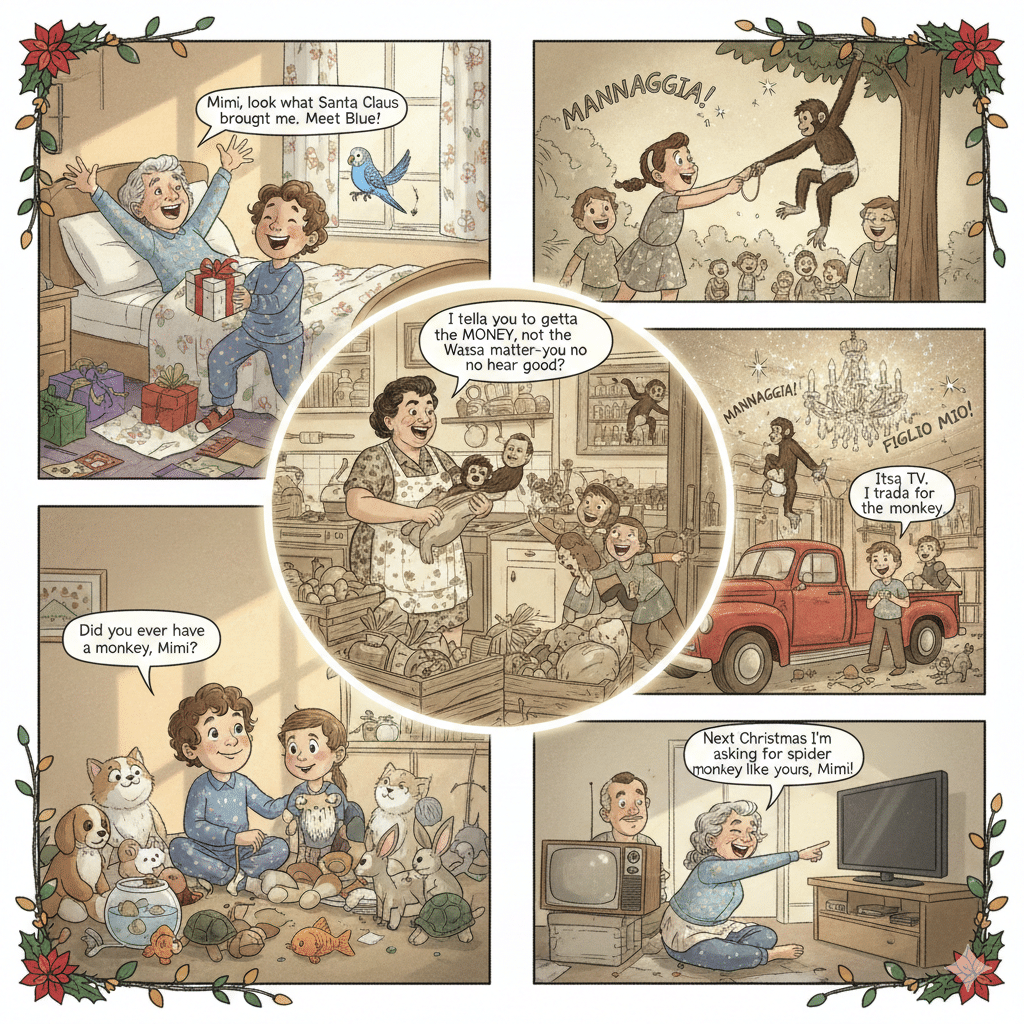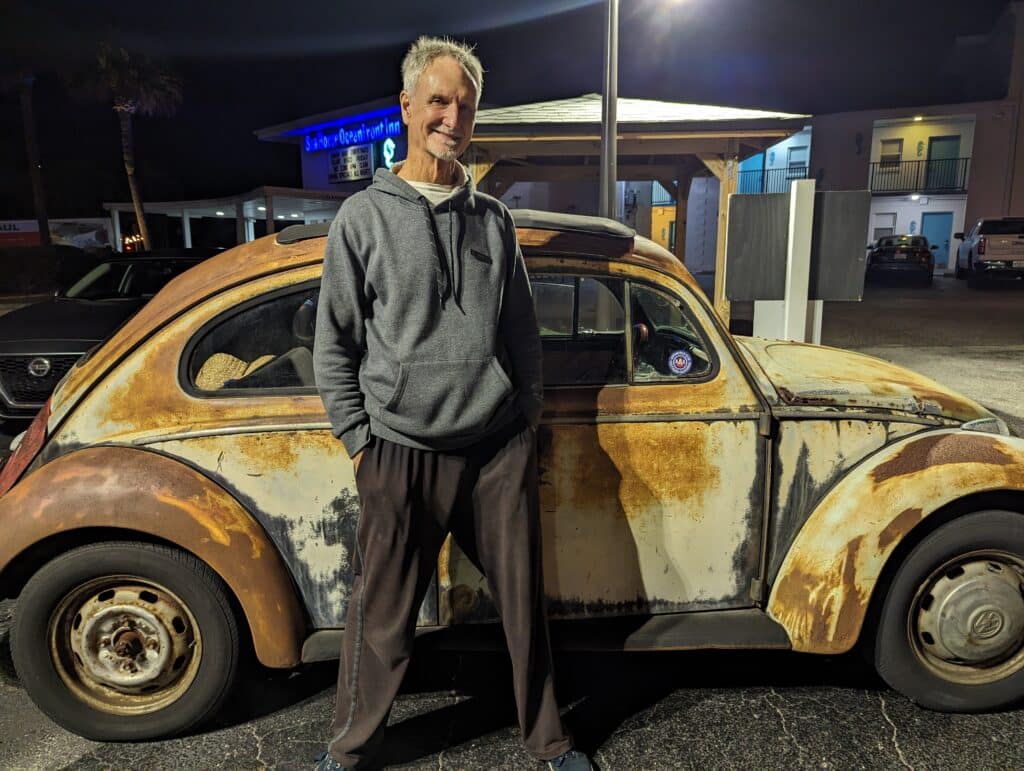On September 17, 1819, John L. Harper and his accomplices stormed into the Bank of the United States in Chillicothe, Ohio and extricated $120,000 in currency at gunpoint. Harper and his gang were not bank robbers. They were “tax collectors” commissioned by the State of Ohio. Harper and his gang were paid $2,000 for collecting a $100,000 tax levied by the Ohio State Legislature. The $20,000 overage was returned.

The Bank of the United States was unpopular in many parts of the country. It lent money freely to sodbusters moving west. But, during periods of economic downturn, the Bank protected itself and cut back on lending leading to foreclosures. This often led to what was called a ‘Panic.’ Prior to World War I, we referred to our recessions as ‘Panics,’ because they were often precipitated or exacerbated by ‘Panic’ runs on the banks.
After the War of 1812, the nation suffered its first great depression, the Panic of 1819. The citizens of Ohio were angry, and they blamed their suffering on the Bank of the United States. Their Legislature passed a law taxing the Bank $50,000 for each of its branches in the state. The Bank, of course, refused to pay. So, the State hired Harper and his gang to collect. The tax was unconstitutional. It violated a recent precedent declaring that “the power to tax involves necessarily the power to destroy.” The Supreme Court ruled that Ohio had to return the money, with interest.
The Bank of the US was the brainchild of Alexander Hamilton. It was supposed to act like the Bank of England. From the beginning, it was controversial. Andrew Jackson led a populist campaign against the Bank that led to his election as President, in 1828. He had the bank’s charter revoked in 1836. That led immediately to the Panic of 1837 and several decades of economic turmoil known as the era of Free Banking or “Wildcat Banking.”

Thousands of Wildcat banks, chartered by accommodating state legislatures sprang up all over and failed almost as frequently. Each bank issued its own currency. The value of currency varied wildly. Stronger banks currency was worth more, weaker banks less. Many Railroads started their own banks to finance expansion and pay their workers. This was at the time of the first Railroad boom. When a Railroad failed, its bank failed as well. This system of decentralized finance was an unmitigated disaster. During the Panic of 1857, every bank in Oklahoma went out of business.
In 1862, Congress authorized a system of National Banks to finance the Civil War. National Banks issuing their own notes sprang up in seemingly every town. The notes were backed by the Treasury and are considered collectibles today.
The Panic of 1907 nearly bankrupted the country. Only the intervention of JP Morgan saved us from financial ruin. In his day, J. Pierpont Morgan was as wildly popular as Elon Musk or Warren Buffett. As a result of that Panic, Congress authorized the Federal Reserve to regulate commerce and the currency. The Fed put us on the Gold Standard. For the next six decades, the dollar was backed by gold held at Fort Knox. To keep the value of the dollar from fluctuating, we fixed the price of gold.
Today, we hear a lot about the idea of decentralized finance. The idea is popular with believers in crypto-currencies like Bitcoin. They believe that fiat currencies like the Dollar are actually worthless because they are only backed by the taxing power of the United States. It was better, they say, in the old days when dollars were backed by gold and then the price of gold was fixed. (It wasn’t!). Most people know about Bitcoin, but did you know there are over 10,000 different Crypto-currencies out there. None of them are worth the same. To me this sounds a lot like the Era of Wildcat Banking. I don’t see how letting anyone, anywhere, create their own money ends well.
- About the Author
- Latest Posts
Scott A. Grant, JD
Fiduciary
Cornell Graduate of History and Economics, Rutgers Law
CEO Standfast Asset Management
Pop Historian
Public Speaker
Author
Newspaper Columnist
As a Cornell graduate, Grant has sharpened his expertise with some of the best. He is known, not only for his lively debate, but as a champion chess player, notable pop historian, financial columnist, and successful business owner. Grant studied economics and history at Cornell before working on Wall Street while earning a Law Degree from Rutgers.
In 2005, Grant moved his family and his investment business, Standfast Asset Management, to Florida. Grant became enamored of the area’s historical events. He has enjoyed sharing these facts with the public and loves meeting seniors that can remember first-hand accounts. By day Scott Grant handles 100 million in private investments. In his free time, you will find him researching at the libraries and museums for details to include in his next history presentation.













